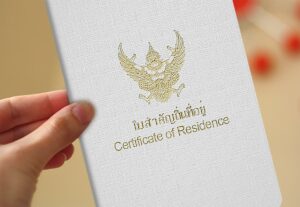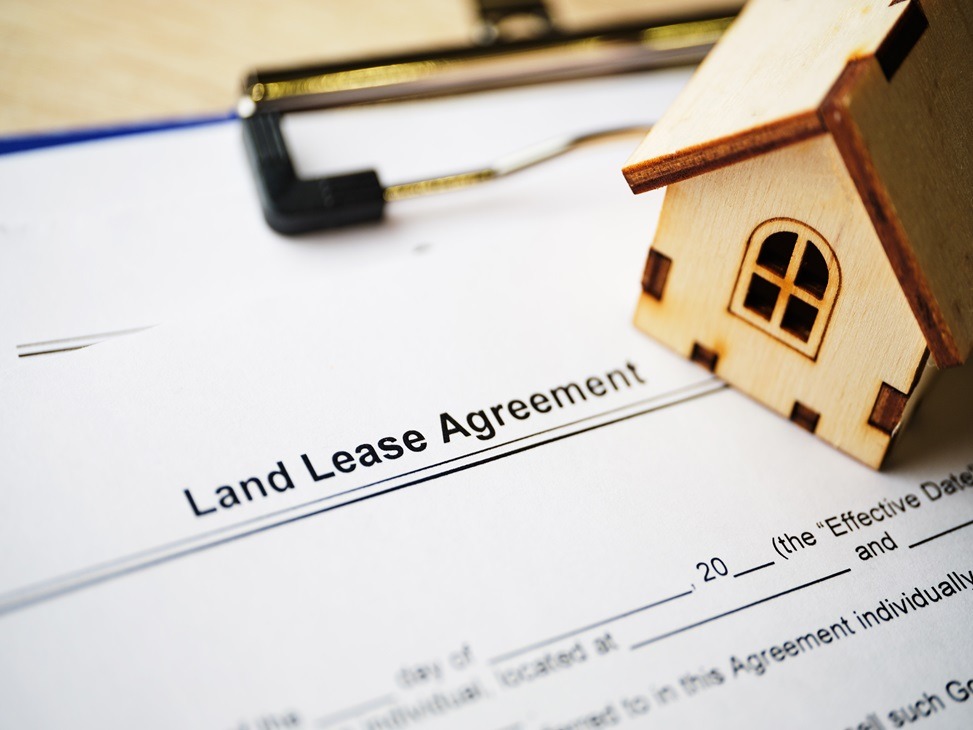Property Leasehold in Thailand. In Thailand, property leasehold is a statutorily recognized right governed by the Civil and Commercial Code (CCC) and regulated by the Land Code B.E. 2497 (1954). Leasehold arrangements serve as a practical mechanism for both Thai and foreign individuals or entities to obtain legal rights over immovable property—especially in light of restrictions on foreign land ownership under Thai law.
This article examines the legal characteristics of leasehold rights, statutory limitations, formal registration procedures, renewal mechanisms, and dispute resolution.
II. Legal Nature of Leasehold in Thailand
A. Governing Law
Leasehold contracts are primarily governed by:
-
Sections 537–571 of the Civil and Commercial Code, which define rights, duties, and liabilities of lessor and lessee
-
Land Code B.E. 2497, which governs land registration, foreign land restrictions, and lease recordation
-
Ministerial Regulations issued by the Ministry of Interior for lease registration processes
B. Classification of Lease Rights
Under Thai law, a lease is a personal right (right in personam) and not a real property right (right in rem). This distinction means:
-
Leasehold does not attach to the land
-
Leasehold cannot be inherited unless specifically agreed and registered
-
Leasehold does not survive sale of the property unless noted in the title deed and agreed in writing
III. Maximum Lease Terms and Statutory Limits
| Use Case | Maximum Duration | Registration Requirement |
|---|---|---|
| Residential or commercial lease | 30 years | Mandatory registration if over 3 years |
| Agricultural lease | 30 years | Same |
| Renewable term | One additional 30-year term permitted (contractually) | Must be re-registered at end of initial term |
Thai law does not permit automatic renewal of leases. A “30 + 30” lease structure is common, but the second 30-year period must be re-executed and re-registered at that future time.
IV. Lease Registration and Legal Formalities
A. Registration Process
Leases exceeding 3 years must be registered with the Land Office having jurisdiction over the property. The procedure includes:
-
Submission of lease agreement in Thai (or bilingual format)
-
Payment of government fees:
-
Registration fee: 1% of total rent over the term
-
Stamp duty: 0.1% of total rent
-
-
Endorsement of the lease on the back of the title deed (chanote)
-
Issuance of certified lease documents
Unregistered leases exceeding 3 years are unenforceable beyond 3 years, per Section 538 of the CCC.
V. Foreigners and Leasehold Rights
Under the Land Code, foreigners may not own land except under narrowly defined exemptions. However, foreigners may legally:
-
Lease land for residential or commercial purposes
-
Lease condominium units (though ownership is preferred if under foreign quota)
-
Register long-term leases with the Land Office on the same terms as Thais
Important caveats:
-
Foreigners may not own houses built on leased land unless rights of superficies are also granted and registered
-
Leases made to circumvent foreign land ownership restrictions (e.g., sham leases) may be voided or investigated under anti-nominee rules
VI. Rights and Obligations of Lessee
| Right / Obligation | Legal Source |
|---|---|
| Use of property as agreed | Section 537–539 CCC |
| Duty to pay rent | Section 540 CCC |
| Prohibition on unauthorized sublease or assignment | Section 544 CCC |
| Right to register usufruct or superficies (if agreed) | Must be done separately |
| Right to terminate on lessor’s breach | Section 547 CCC |
Failure to comply may result in termination of the lease, eviction, or damages.
VII. Inheritance and Transferability of Lease
A. Inheritance
A lease does not automatically pass to heirs unless:
-
The lease agreement expressly provides for succession
-
The lessor agrees, and it is registered accordingly
Even when inheritance is permitted by contract, the heirs must register themselves as the new lessees at the Land Office within the lease term.
B. Transfer and Sublease
-
Lessee may assign the lease or sublease the property only with lessor’s written consent, unless otherwise agreed
-
Assignments and subleases exceeding 3 years must also be registered
VIII. Improvements and Construction on Leased Land
Construction by a lessee may raise ownership issues:
-
By default, buildings attach to the land and become the property of the landowner (Section 146 of CCC)
-
To avoid this, the lessee should:
-
Register a right of superficies (Section 1410)
-
Specify in the lease contract that buildings belong to the lessee and obtain lessor consent
-
If properly structured, the lessee may build, use, and even sell the structure separately from the land—though landowner cooperation is essential for transfer.
IX. Early Termination and Remedies
| Grounds for Termination | Available Remedies |
|---|---|
| Non-payment of rent | Lessor may terminate and seek eviction and damages |
| Breach of lease conditions | As above |
| Mutual agreement | No penalty if agreed in writing |
| Supervening illegality (e.g., zoning) | Lease may be voided under public law |
| Lessor’s sale of property | Lease may survive if registered and binding on successor |
Under Section 569 CCC, termination must be in writing and usually requires notice unless otherwise waived.
X. Common Disputes and Litigation Issues
-
Unregistered lease claims exceeding 3 years—often dismissed
-
Claims over unauthorized use or illegal subleases
-
Eviction proceedings and specific performance lawsuits
-
Disputes involving lessee-built structures without registered superficies
-
Fraudulent promises of lease renewal not supported by contract
Litigation is heard in civil courts, with evidence focused on:
-
Lease contracts
-
Land Office records
-
Payments and conduct of the parties
XI. Alternatives to Leasehold
Parties seeking long-term land use in Thailand may consider:
| Instrument | Key Characteristics |
|---|---|
| Usufruct (Section 1417) | Personal right to use land for life or term (non-inheritable) |
| Superficies (Section 1410) | Right to own structures on another’s land |
| Right of habitation (Section 1402) | Use without rent, limited to family residence |
| Company ownership (with caution) | May be investigated under nominee law if used to circumvent land restrictions |
Each of these must be registered at the Land Office to be enforceable.
XII. Conclusion
Leasehold arrangements in Thailand provide a legally recognized pathway for both Thais and foreigners to obtain long-term use rights over land and buildings, provided they comply with strict registration requirements and are carefully drafted to reflect enforceable terms. Misunderstanding the distinction between real and personal rights, or failing to register properly, can result in loss of rights, eviction, or unenforceable claims.
Legal practitioners should ensure:
-
All lease agreements over 3 years are registered and referenced on the title deed
-
Foreign lessees are not inadvertently acquiring rights prohibited by the Land Code
-
All ancillary rights (e.g., superficies, inheritance) are explicitly agreed and recorded
-
Due diligence is conducted on lessor’s title, encumbrances, and zoning regulations
You might also enjoy

Personal Data Protection Act
Personal Data Protection Act. The rapid expansion of digital commerce,

Thai Business Partnership
A Thai business partnership is one of the most commonly

Thailand Permanent Residency
Thailand Permanent Residency (PR) is a highly sought-after immigration status


